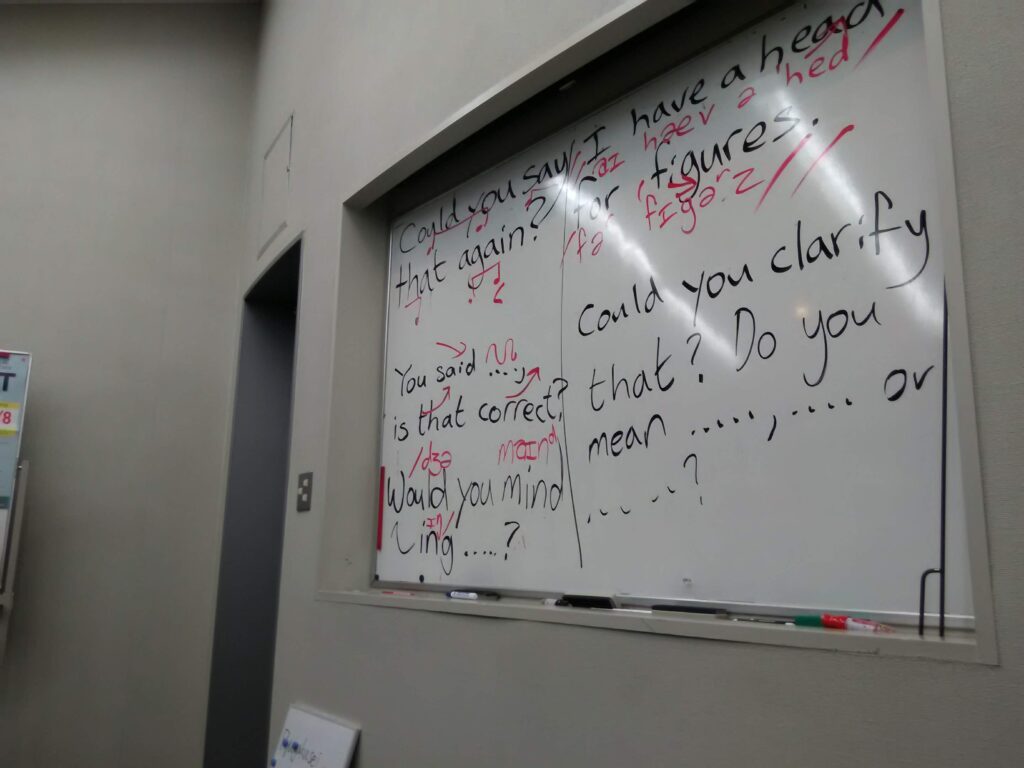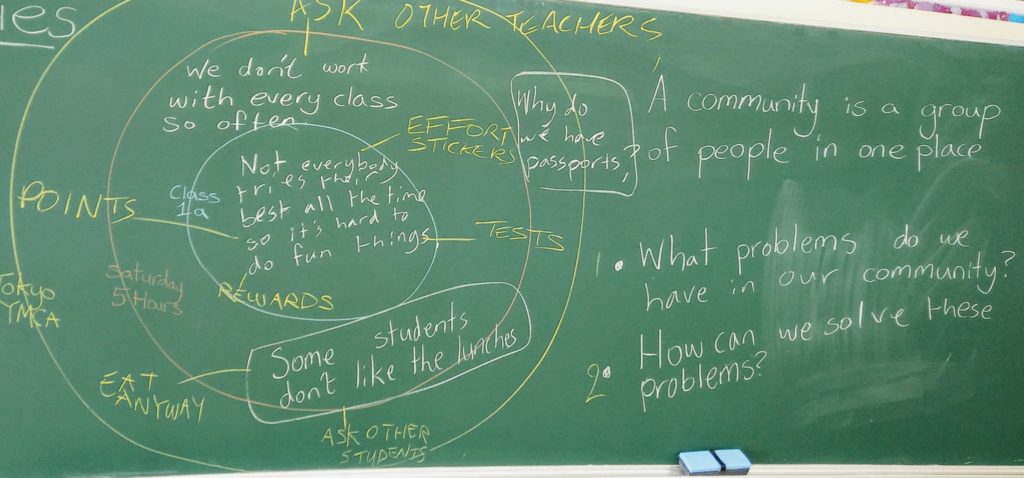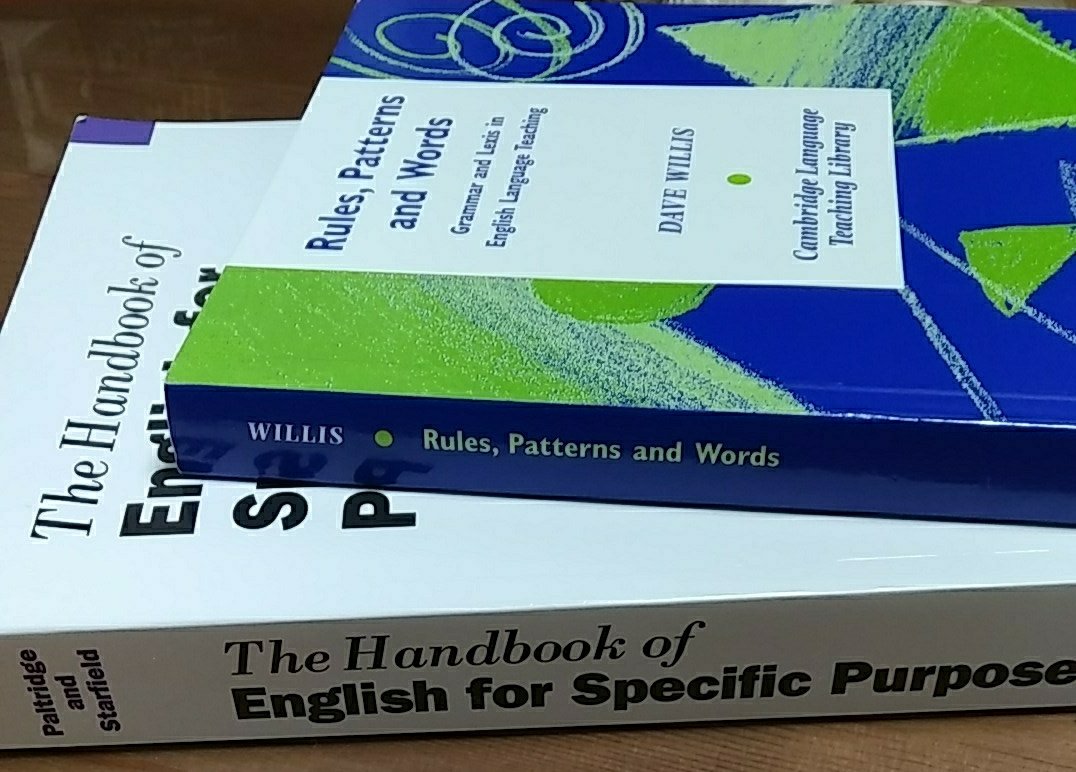There is a ton written on mentoring as part of professional development. It seems like it’s pretty much a ‘good thing’ all the time, and I’m kind of tempted to go along with that because of one of the reasons I’ll give below.
- You get to see another approach to the job
Everyone has preconceived ideas about teaching when they start, based on the teachers that taught them. Just as not everyone has the same experiences, not everyone has the same approach.
Some mentors will be great about this and understand that not everyone needs to do the same thing to get the intended results. Some mentors won’t be great about it and will insist you should teach their way.
You can learn a lot about your own teaching by trying to teach according to someone else’s approach. Even the bits that you might not have attributed merit toward may have hidden utility in the classroom.
- You get another point of view
This is better the more mentors you have. Behaviour issues in the classroom? There are endless possible solutions. Experienced mentors probably have several techniques to counteract negative behaviour. And that’s just one example.
- Avoiding too much introspection
Reflective practice is something I think is beneficial but too much reflection is worthless. Think of a mirror maze as a metaphor. If you are part of a mentoring relationship you get used to making sure your thinking and rationale are clear. People are working, and while most mentors and mentees are positive, if you get ready for a meeting with a half-baked idea people will show you that they think their time is being wasted. You get forced into habits of rigour.
- Bad is Good
If your mentor is dreadful you get to see them as a cautionary tale. You get used to assessing what authoritative voices say and filtering it (which is excellent practice for books by both ELT and general Education gurus).
If your mentee is bloody awful, you get the chance to really take a hand in helping them develop and can take a hand in stopping unproductive practices through explaining better ones (and perhaps demonstrating them, too).
Finding mentors and mentees
I have a great mentor at one of my workplaces, in that he is very practical, does lots of professional development but not much theory. We get to duel a little bit on the theoretical applications I might espouse, and it helps me refine and reflect upon my beliefs.
I also have other mentors on Twitter, miles away working in different settings but still supporting me, feeding ideas and even just lending a virtual ear when I need to vent.
Mentees sort of drift, due to the peripatetic nature of my working life, but basically I have a couple of mentees, one a very new teacher who needs to go with the flow more (which leads me to practice what I preach and not obsess over minuscule annoyances at the stupidest workplace) and another who has such abundant ideas but needs a push to be bolder or just reassured they are on the right track (and who has helped with a few lesson ideas and made me justify choices leading to more confidence in my own teaching).
You might want to check out the iTDI blog mentoring issues, Giving Back and Giving Back II, too.
Hopefully this has helped you think about what mentoring is (or can be). Any more ideas?


